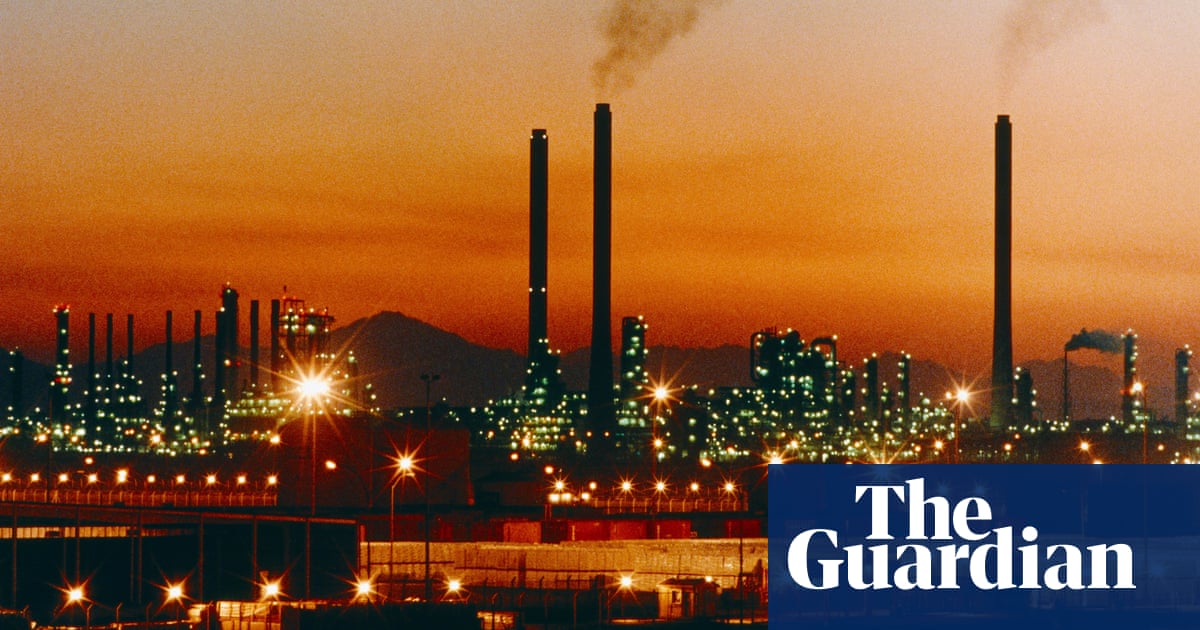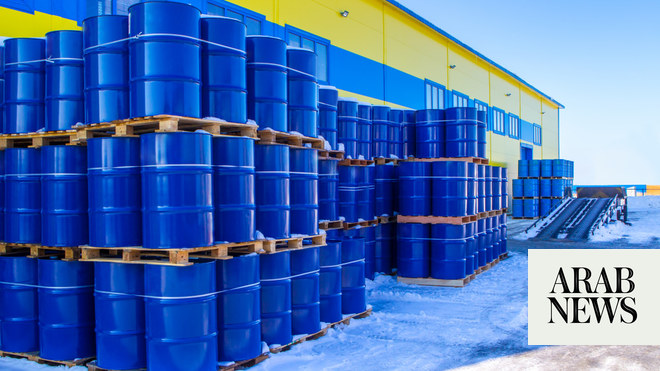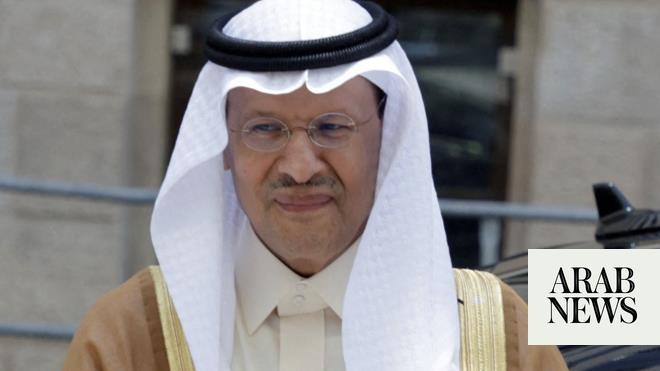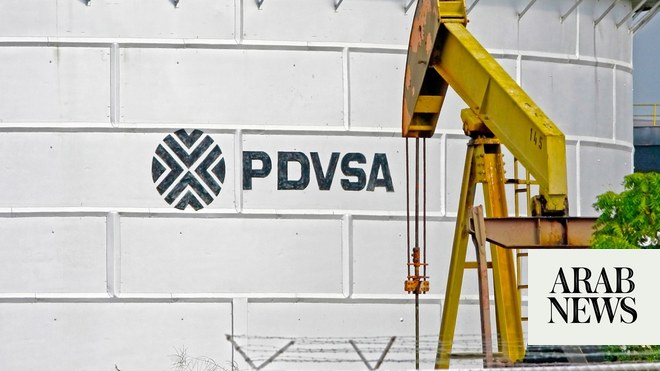
The price of Brent crude has risen after Saudi Arabia agreed to cut its output to firm up oil prices after a weekend of tense talks.
Saudi ministers agreed to cut 1m barrels per day (bpd) from its output from next month at a meeting of the Opec+ group of oil-producing nations in Vienna.
The cuts, agreed in a seven-hour meeting that was delayed amid haggling between countries, will result in Saudi Arabia’s oil output dropping to 9m bpd in July from about 10m bpd in May, the biggest reduction in years.
Opec production targets will fall by a further 1.4m barrels a day from next year.
Brent crude, the international benchmark for oil prices, gained more than 2% on Monday morning to touch a one-month high of $78.73 (£63.20) a barrel, before dipping back.
A sustained increase in oil prices could undermine efforts in the UK by the Bank of England and politicians to bring down stubbornly high inflation.
Opec+, which represents about 40% of the world’s oil production, also agreed to extend the voluntary output cuts announced two months ago into 2024.
The group, which includes the major producers Iraq and Russia, made the move in an attempt to bolster oil prices, which have fallen amid fears over a supply glut and flagging demand.
Brent crude prices soared to $120 a barrel last year as Russia’s invasion of Ukraine upended the international trade in oil.
However, fears over the global economy and the hangover from Covid lockdowns has tempered demand for fuel, depressing oil prices back to levels seen before the war began.
The Saudi energy minister, Prince Abdulaziz, described the country’s move as a “Saudi lollipop”.
He said: “We wanted to ice the cake. We always want to add suspense. We don’t want people to try to predict what we do … This market needs stabilisation.”
Opec’s influence on the global oil market means it typically moves prices, and last year a decision to cut production angered the US president, Joe Biden, undermining his attempts to cut fuel costs.
Monday’s rally brought prices back to where they began the year, although Brent crude has reached as high as $82 a barrel as recently as April.
As part of the Opec+ agreement, the United Arab Emirates increased its output target by 200,000 barrels a day from January.
Several African members will have their quotas reduced from next year, bringing them closer to their actual production capacities.
Ipek Ozkardeskaya, the senior analyst at Swissquote Bank, said: “Saudi will continue doing the heavy lifting of production cuts, hoping that its efforts will reverse the falling price trend in oil markets and boost prices, but the gifts to some Opec members in expense of the others hint that we could see further cracks within the cartel in the next few months, and that’s not a winning setup for Opec, and oil bulls.”
Naeem Aslam, the chief investment officer at Zaye Capital Markets, said an expected pickup in oil demand post-Covid had not materialised.
He said: “Oil bulls have been banking big time on Chinese demand, but in reality, we have not seen a serious strength in oil demand, and this indicates that the global economy is still suffering from a number of Covid shocks such as higher inflation and the threat of a serious slowdown in economic activity.”












